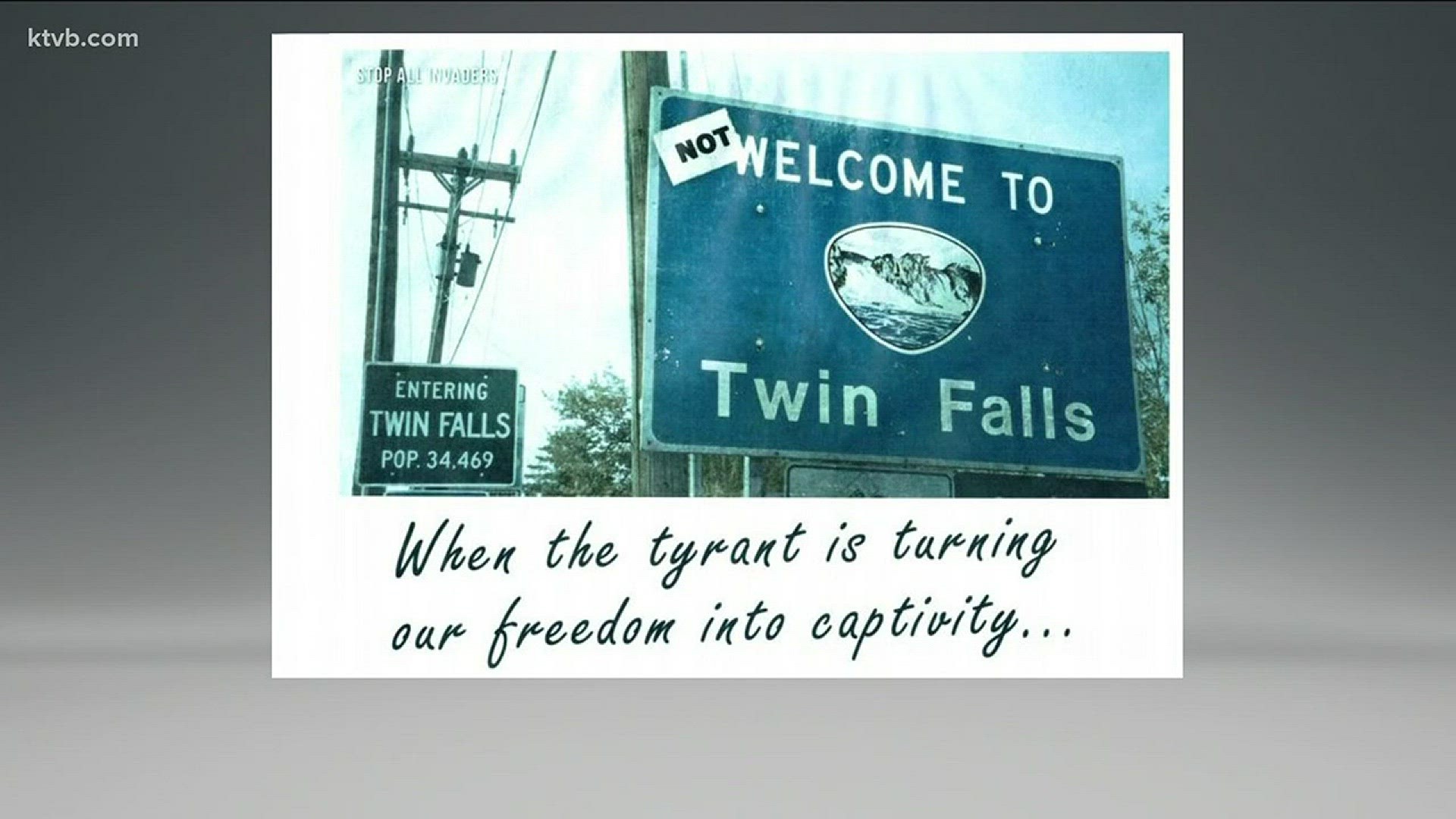WASHINGTON, D.C. -- On Capitol Hill on Wednesday, U.S. Sen. for Idaho Jim Risch (R) questioned major tech companies about Russian-bought ads and disinformation spread across the country, and here at home.
According to NBC News, in Wednesday morning's hearing, the second of the three in two days, members of the U.S. Senate Select Committee on Intelligence expressed frustration with what they call "vague answers" that were given in Tuesday's panel.
In Wednesday's Senate Intelligence Hearing, attorneys from Facebook, Twitter and Google testified on how Russians used their platforms to spread false information and meddle in U.S. politics. But Sen. Risch says the Russians' attempt to influence Americans reaches beyond the 2016 presidential election.
Facebook gave the Senate Intelligence Committee over 3,300 Russian-bought advertisements and posts that ran between June 2015 and August 2017. During testimony, Facebook admitted more than 150 million Americans were exposed to Russia-linked propaganda on Facebook and Instagram.
Risch mentioned in the hearing that ads and posts referencing or featuring Idaho-related topics were among those thousands; propaganda surrounding the anti-refugee movement in Twin Falls and the Ruby Ridge stand-off were included.
The three tech giants agree they could have done more to prevent and respond to interference in last year's election. But Sen. Risch says this isn't just about the 2016 election; Russians are doing what they've always done and trying to sow division in America.
Risch said in the hearing:
“So I want to come at this from a little different perspective. The 2016 elections got a lot of the politicians riled up, because it went after the political process. But my conclusion is, … that this is a lot deeper than just the elections. … There are a lot of things that the Russians are trying to do, and not just inject themselves into the electoral process."
Risch goes on to say:
"The conclusion I've reached is that the Russians are doing what they've done all along, long before your technology even existed, and that is trying to sow discord. So my question to each of you is: Have you tried to analyze what the Russians were trying to accomplish here - not only in the 2016 elections, but in these other kinds of ads with the discord?"
General Counsel for Facebook, Colin Stretch answered first:
"It's very difficult for us to ascribe motive. It's I think why this committees' work is so important. We've tried to provide you as much information as we can and we hope with your visibility into other sources of information you will be able to help the American people have a better assessment of what the motive is. We think that will help all of us do better to prevent this sort of activity in the future."
Then Sean Edgett, general counsel with Twitter, answered:
"Based on what we've seen, the advertisements from Russia today, the types of content being put out by the IRA, also the automated account content looks as if it's merely focused on divisiveness. But we're still investigating this issue and look forward to working with this committee to help put the whole picture together."
Kent Walker with Google was the next to respond:
"The large majority of the material we saw was on the socially divisive side rather than direct electoral advocacy, yes."
Risch followed up saying, "That has really been the focus of the media that, 'oh this was all about the 2016 election'. You agree with me that this is much broader than that and is, as you say, divisive - aimed at divisiveness or aimed at discord? Would you all agree with that?"
"Yeah and that's a problem we're trying to tackle every day," Edgett said.
"Yes, I would agree and note that the time period in question and the activity we saw even continued after the election," Stretch added.
"It seems reasonable. Hard for us to know and again, ultimately for the committee to decide," Walker told Risch.
But many senators are frustrated and unconvinced the tech firms are doing enough now to tackle the issue or correct false information on their platforms.

